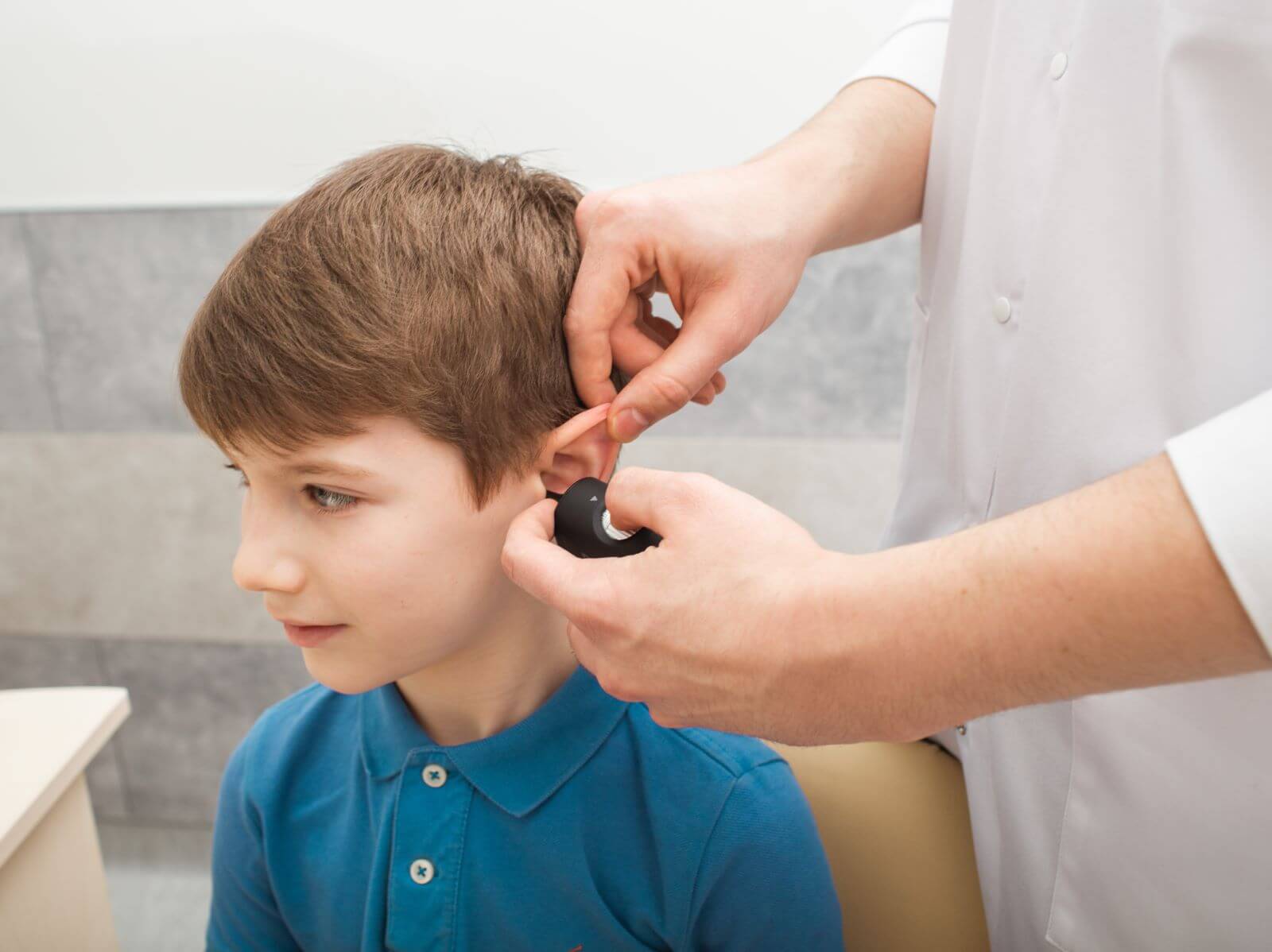
As parents, it’s our natural instinct to protect our children from any potential danger. From car seats to helmets, we go to great lengths to keep our kids safe. But what about protecting their hearing? Noise-induced hearing loss is a real and preventable danger that parents need to be aware of and take action to protect their child’s hearing.
In this blog post, we’ll explore the causes, symptoms, prevention, and treatment of noise-induced hearing loss in kids.
Signs and Symptoms of Noise-Induced Hearing Loss in Kids
It’s important to recognize the early warning signs of hearing loss in children, as early intervention is key to preventing further damage. Some of the behavioral signs include not responding to sounds, difficulty following directions, and asking for things to be repeated. Physical symptoms can include ear pain, ringing in the ears, and difficulty hearing in noisy environments.
Causes of Noise-Induced Hearing Loss in Kids
Children can be exposed to damaging noise in a variety of ways. Some common sources of loud noise include:
- Loud music and concerts: Children may attend concerts or listen to music at a volume that is too loud for their ears to handle. This can cause permanent damage to their hearing.
- Fireworks: Fireworks can produce very loud noises that can cause hearing damage, especially if a child is standing too close to them.
- Sporting events: Sporting events, especially those with cheering crowds, can produce loud noises that can be harmful to a child’s hearing.
- Power tools: Power tools such as drills, saws, and sanders can produce loud noises that can cause hearing damage if a child is exposed to them for extended periods of time.
- Everyday noises: Even everyday noises such as traffic, car horns, and sirens can be harmful to a child’s hearing if they are exposed to them for prolonged periods of time.
It’s important for parents to be aware of the sources of loud noise in their child’s environment and take steps to protect their child’s hearing, such as using earplugs or noise-canceling headphones, limiting exposure to loud noise, and keeping the volume low on electronic devices.
Prevention of Noise-Induced Hearing Loss in Kids
Preventing noise-induced hearing loss in children is critical to preserving their hearing and overall health. Here are some tips to help protect your child’s hearing:
Limit exposure to loud noise: Try to avoid exposing your child to loud noise as much as possible. If you must be in a loud environment, try to limit the amount of time you spend there.
Use earplugs or noise-canceling headphones: If your child will be in a loud environment, provide them with earplugs or noise-canceling headphones. This will help reduce the amount of noise that reaches their ears and protect their hearing.
Turn down the volume on electronic devices: Make sure the volume on electronic devices such as televisions, radios, and smartphones is at a safe level. The World Health Organization recommends a maximum volume of 60 decibels for personal listening devices.
Teach your child about the dangers of loud noise: Educate your child about the dangers of loud noise and the importance of protecting their hearing. Encourage them to speak up and ask for ear protection when they are in a loud environment.
Be mindful of everyday noises: Everyday noises such as traffic, lawnmowers, and hair dryers can also be harmful to your child’s hearing. Try to limit their exposure to these noises or use ear protection if necessary.
Diagnosis and Treatment of Noise-Induced Hearing Loss in Kids
If you suspect your child has hearing loss, it’s important to get a diagnosis from an audiologist. They can perform hearing tests and determine the severity of the hearing loss. Treatment options may include hearing aids or assistive listening devices, depending on the severity of the hearing loss. Early intervention and management of hearing loss can help prevent further damage and improve your child’s quality of life.
In conclusion, noise-induced hearing loss in children is a serious concern that parents and caregivers need to be aware of. By taking preventative measures, recognizing the signs and symptoms, and seeking early intervention, we can protect our children’s hearing and prevent further damage. If you suspect hearing loss, don’t wait to seek treatment. Contact our hearing practice today to schedule a hearing test and learn more about how we can help.
